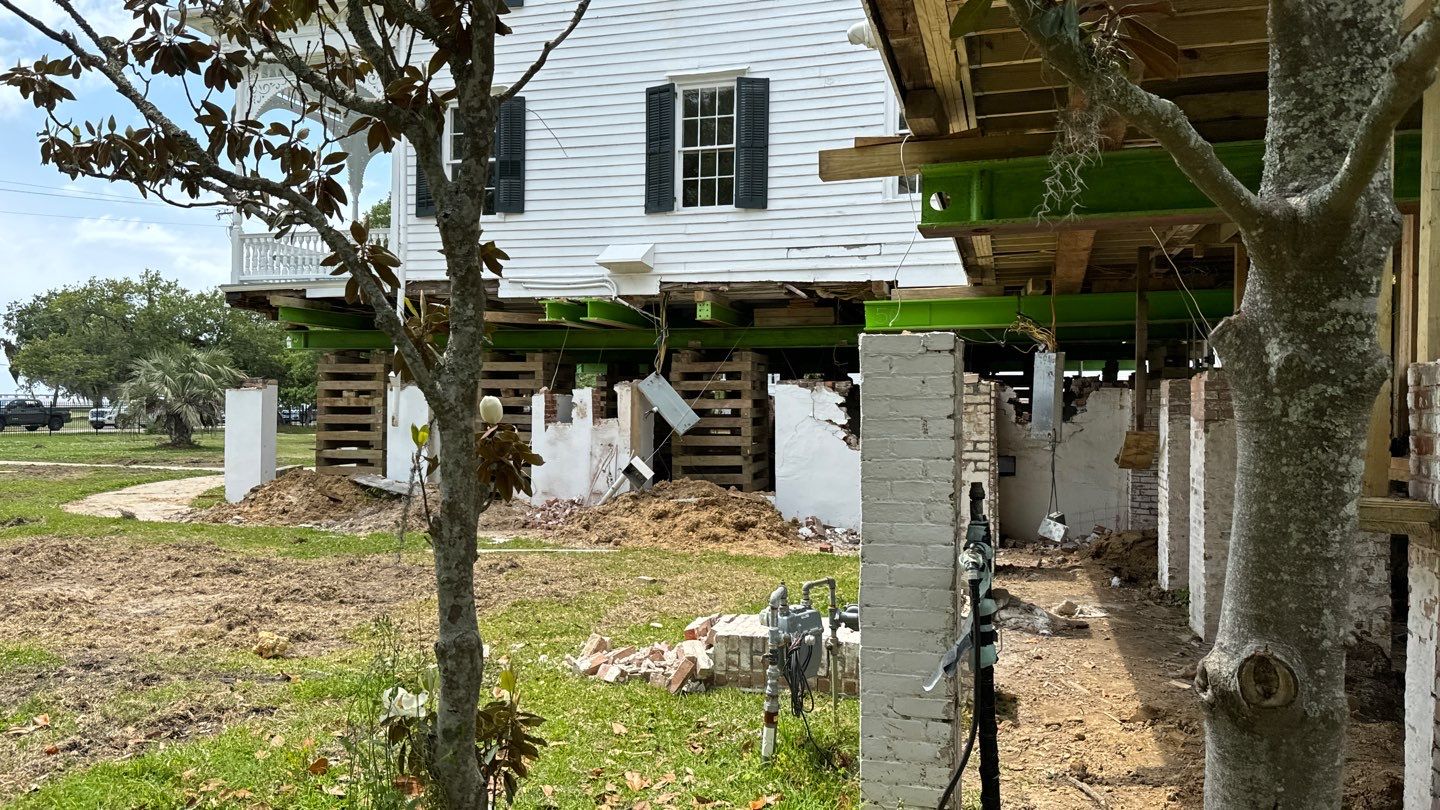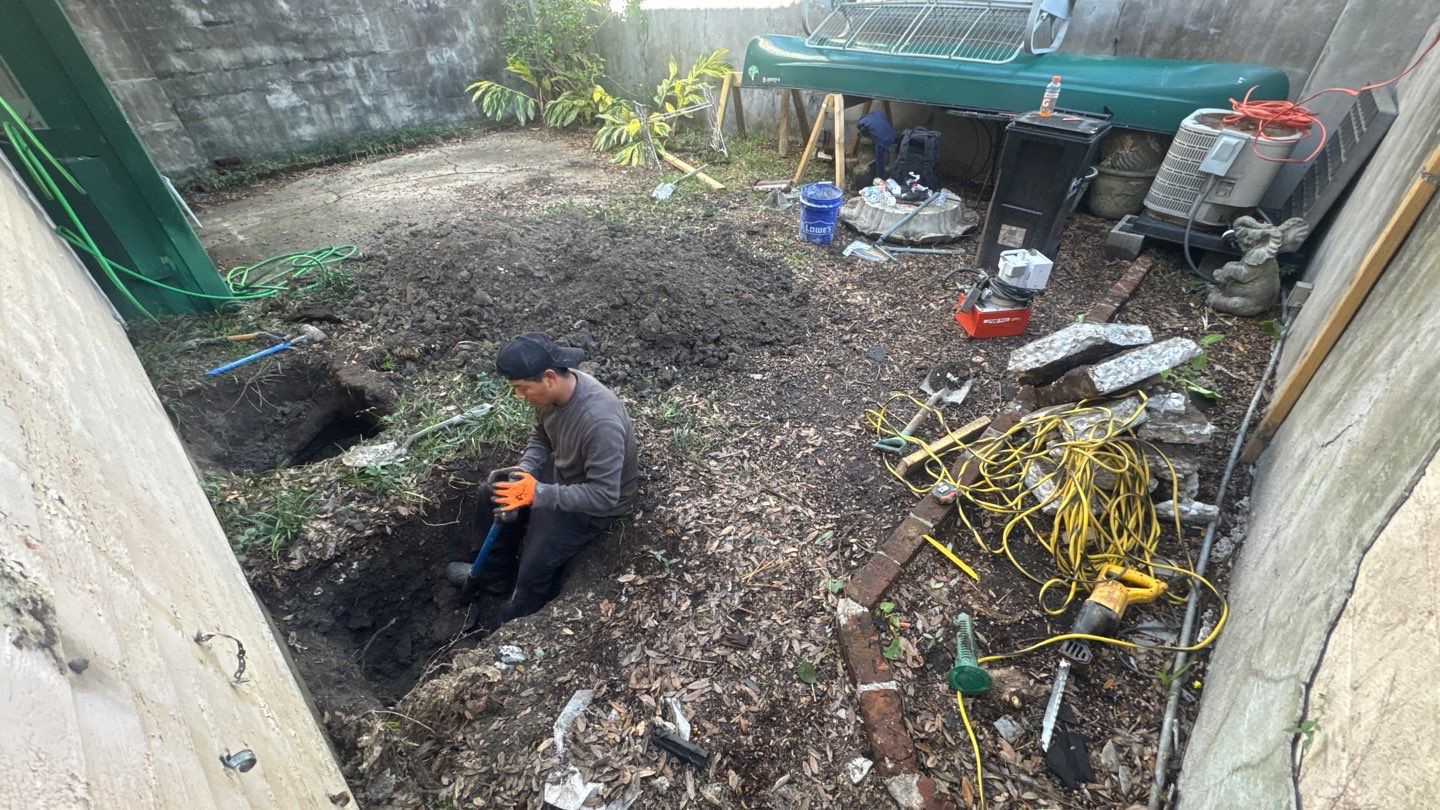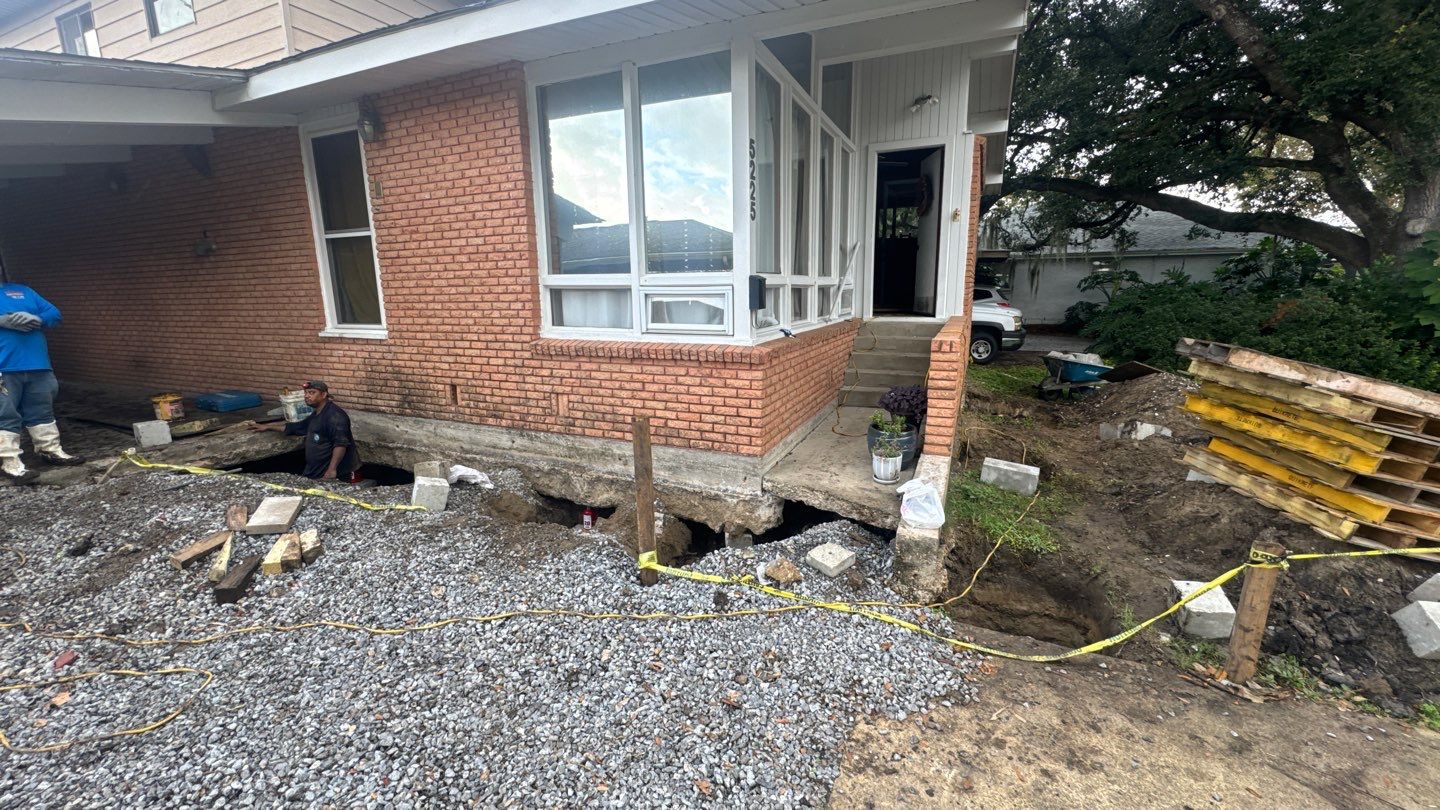
Top 5 Signs of Foundation Issues in St. Tammany Parish and How to Address Them
Foundation InspectionFoundation RepairSoil Stabilization
08-Nov, 2024
Top 5 Major Signs of Foundation Issues in St. Tammany Parish and What Residents Should Do Foundation issues are a serious concern for any homeowner, especially in St. Tammany Parish, where soil types and environmental conditions can create the perfect storm for foundation shifts and damage. Left unchecked, foundation issues can lead to structural problems, […]
Top 5 Major Signs of Foundation Issues in St. Tammany Parish and What Residents Should Do
Foundation issues are a serious concern for any homeowner, especially in St. Tammany Parish, where soil types and environmental conditions can create the perfect storm for foundation shifts and damage. Left unchecked, foundation issues can lead to structural problems, decrease property values, and increase repair costs. Knowing what to look for is essential, so here are the top five warning signs of foundation issues and practical steps residents can take if they notice these red flags.1. Cracks in Walls and Floors
One of the most noticeable signs of foundation issues is cracking, especially around walls, floors, and ceilings. In St. Tammany Parish, soil conditions like clay can expand and contract with moisture, causing the foundation to move, which often leads to cracks in the building structure.- Vertical Cracks: Often appear in drywall and might indicate settlement, which is common in newer homes.
- Horizontal Cracks: These are usually more serious and often suggest more significant structural issues.
- Diagonal Cracks: Found around windows and doors, diagonal cracks indicate uneven settling, which can stress certain parts of your home.
2. Doors and Windows That Stick or Don’t Close Properly
Misaligned doors and windows that don’t latch or stick when closing are another common indicator of foundation movement. Shifting in the foundation can cause door and window frames to warp or misalign, making them difficult to open or close. This is especially common in areas prone to soil movement, like St. Tammany Parish. What to Do: First, check the hinges and make sure they are properly tightened. If the doors and windows are still sticking or don’t close properly, the foundation may have shifted. A foundation expert can provide a thorough inspection and suggest appropriate repairs to stabilize the structure.3. Uneven or Sloping Floors
Foundation issues can cause floors to sag, slant, or become uneven. Sloping floors can result from a settling foundation or damaged piers in a pier and beam foundation, common in older homes in Louisiana. If the floor feels bouncy or uneven, it might be due to a compromised foundation. What to Do: Measure the slope of the floor by placing a level on various areas of the floor. Minor slopes can be common in older homes, but if the difference is more than a few inches, you may have foundation concerns. In such cases, a foundation professional can help determine whether floor leveling or foundation stabilization is required.4. Gaps Around Exterior Windows and Doors
If you notice gaps around your exterior doors or windows, this could indicate foundation movement. As the foundation shifts, it pulls or pushes against exterior framing, causing separation that’s visible as gaps. These gaps can let in drafts, moisture, and even pests, compounding the problem and adding to repair costs. What to Do: If the gaps are minimal, you may try temporary fixes like weather stripping to seal them. However, larger gaps are a serious red flag that requires professional inspection. A foundation expert can assess the extent of the damage and suggest solutions like foundation piers or support columns to stabilize the structure.5. Water Pooling Near the Foundation
Poor drainage is a leading cause of foundation problems in St. Tammany Parish. If you notice water pooling around your home’s foundation after heavy rains, it could lead to soil expansion, erosion, and ultimately foundation shifting. This is especially critical in the rainy Louisiana climate, where consistent moisture and fluctuating water tables can stress foundations. What to Do: Make sure your gutters and downspouts direct water away from your foundation. If water pooling persists, consider installing a drainage system or grading the yard to redirect water flow. For severe issues, consult a foundation expert for guidance on installing a French drain or sump pump to protect your foundation from future damage.Additional Steps for St. Tammany Parish Homeowners
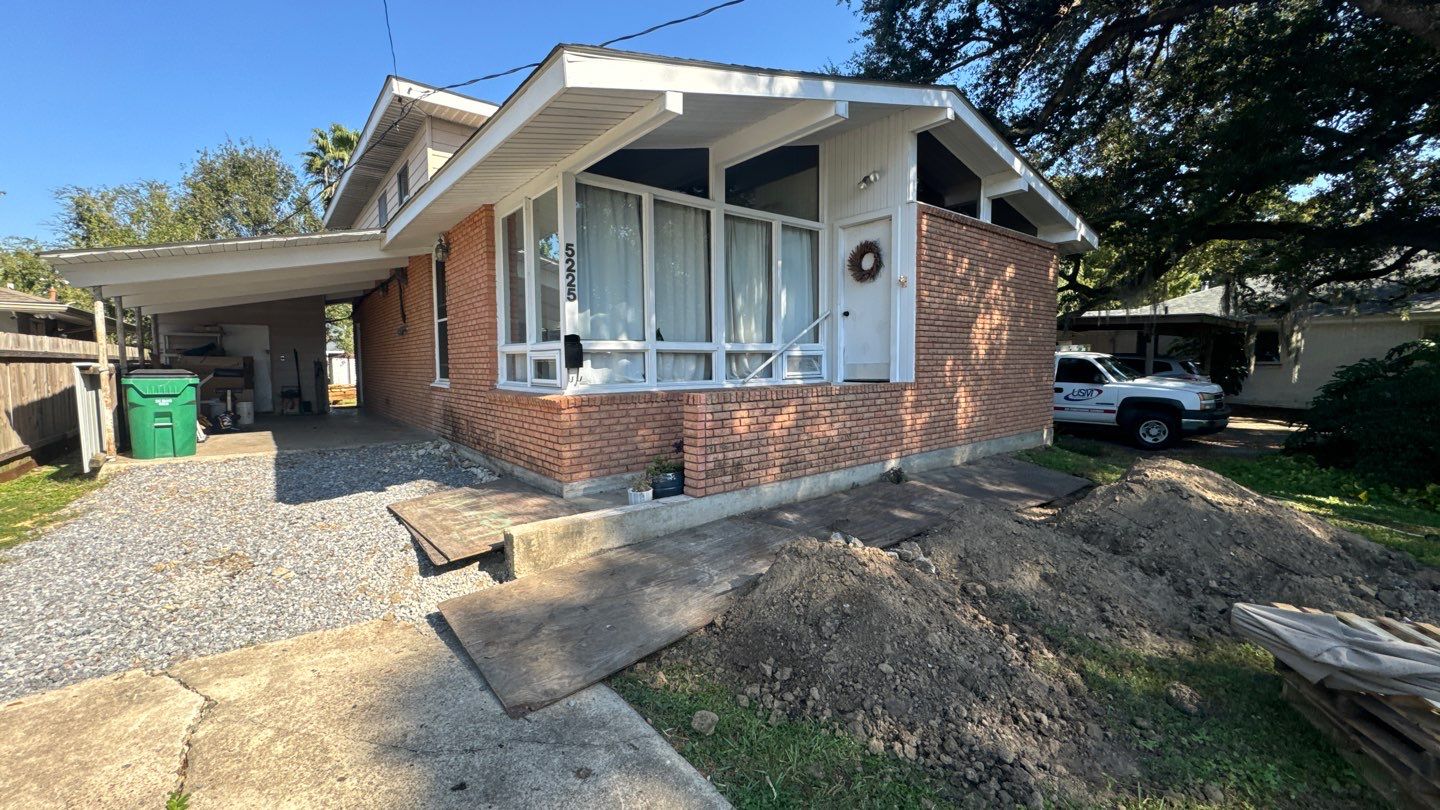
Schedule Routine Inspections
Regular inspections can catch foundation issues early, often saving thousands in repair costs. St. Tammany Parish residents should schedule professional foundation inspections at least once every few years or immediately after noticing any of the signs listed above. Routine inspections are especially important if your home is located in an area prone to soil shifts or flooding.Consult a Foundation Specialist for a Long-Term Solution
Foundation repairs are not DIY projects. While minor cracks or door misalignments may seem manageable, underlying issues could worsen over time. Hiring a foundation specialist ensures that repairs are tailored to your home’s unique structure and soil conditions, whether it’s through pier installation, slab jacking, or other stabilization techniques.Preventive Tips to Protect Your Foundation
- Ensure Proper Drainage: Use gutters and downspouts to direct water away from your home. Consider adding a French drain if water pooling is common.
- Maintain Consistent Moisture Levels: In times of drought, lightly water the soil around your foundation to prevent excessive shrinking and shifting.
- Plant Trees and Shrubs Away from Your Foundation: Tree roots can push against your foundation, so plant them at a safe distance to avoid potential damage.
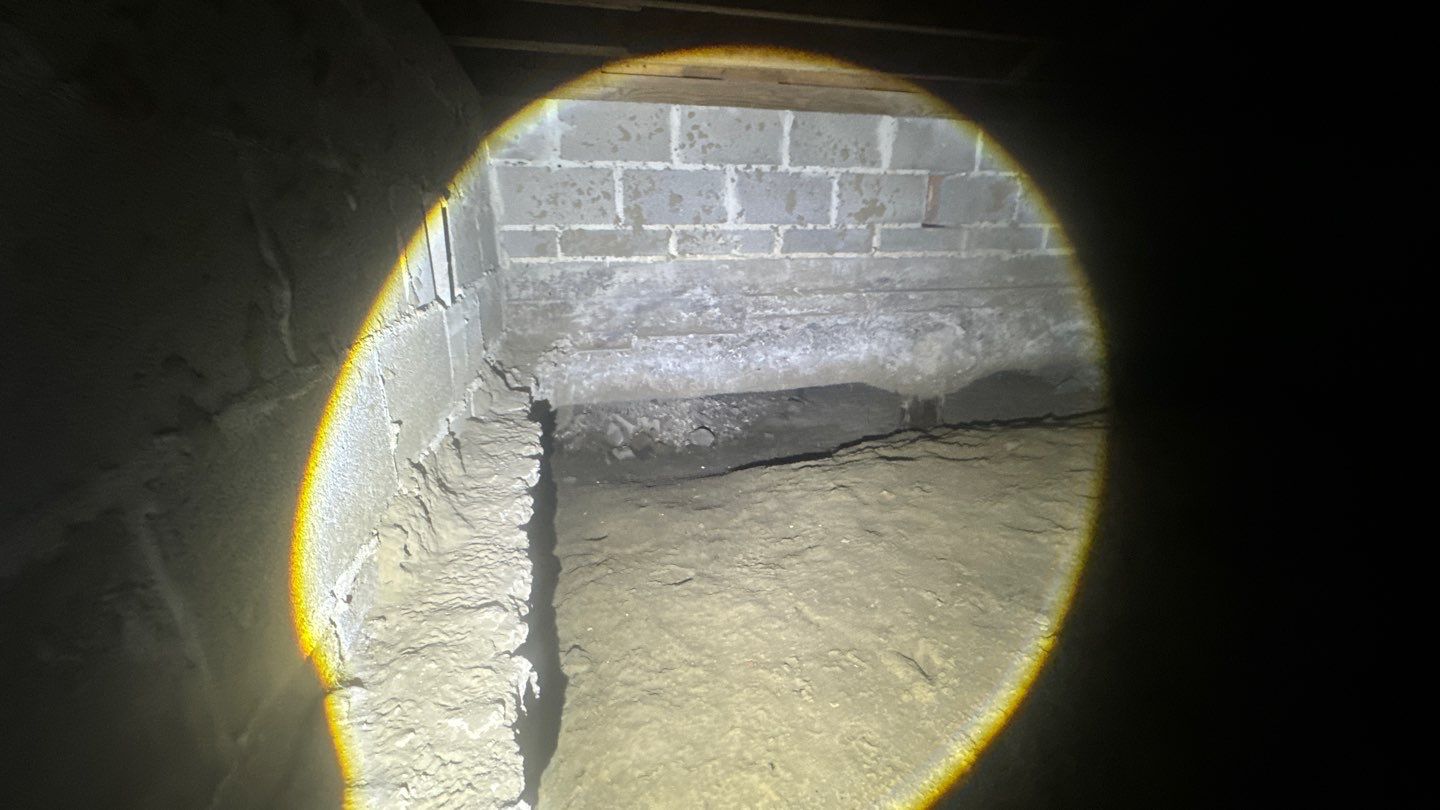 For more information on foundation repair solutions in St. Tammany Parish, consult a reputable foundation specialist familiar with Louisiana’s unique environmental challenges and soil conditions.
For more information on foundation repair solutions in St. Tammany Parish, consult a reputable foundation specialist familiar with Louisiana’s unique environmental challenges and soil conditions.
Reference Links:
- The National Association of Home Builders: Foundation Care Tips
- Foundation Repair Association: Homeowner Resources
Foundation problems can escalate if not addressed, so St. Tammany Parish residents are encouraged to remain proactive. By following these tips and knowing when to call in the professionals, you can ensure the stability and longevity of your home for years to come.

Brent Moran
Helpful Tips, Real Stories & Home Repair Wisdom


